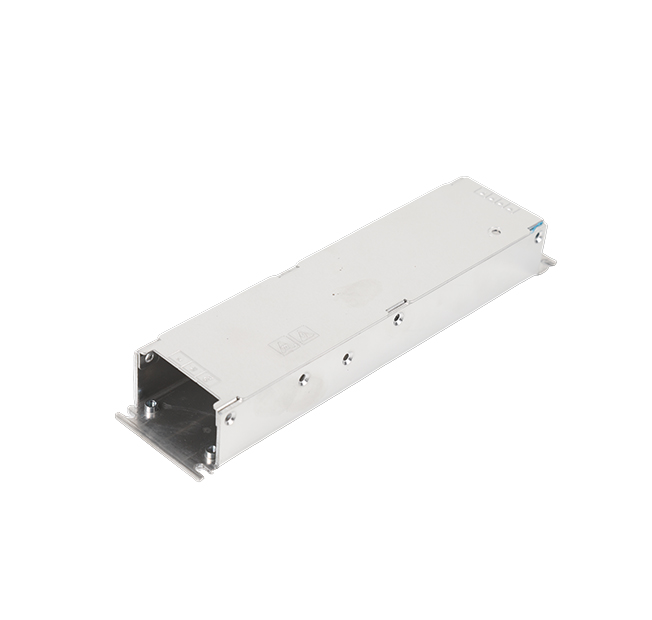Time:2025-09-18 Views:0 source:CNC Machining customization source:CNC Machining news

Injection molds for plastic food containers are essential in the production of safe and hygienic packaging for food products. These molds are designed to meet the specific requirements of the food industry, ensuring durability, functionality, and compliance with food safety regulations.
The design process for an injection mold for plastic food containers begins with a comprehensive understanding of the food product and its packaging needs. This includes considerations such as size, shape, capacity, and material compatibility with food. Designers work closely with food manufacturers and packaging experts to ensure that the mold is tailored to meet the unique demands of each food product.
Once the design is finalized, high-quality materials are selected for mold construction. These materials must be able to withstand the high temperatures and pressures of the injection molding process while also providing durability and resistance to chemicals and moisture. Common materials used for food container molds include polypropylene, polyethylene, and PET.
During the molding process, strict control of parameters such as temperature, pressure, and injection speed is crucial to ensure the quality of the plastic food containers. Advanced molding techniques may be employed to achieve complex geometries or special features. For example, in-mold labeling can be used to apply decorative labels or nutritional information directly to the container during the molding process.
Injection molds for plastic food containers often incorporate features such as tamper-evident seals, easy-open closures, and stacking capabilities to enhance the functionality and convenience of the packaging. They may also include features such as airtight seals and UV protection to preserve the freshness and quality of the food. Quality control measures are implemented at every stage of the production process to inspect the molded containers for defects and ensure they meet the required food safety standards.
injection molds for plastic food containers play a vital role in the food packaging industry. Their precision and quality contribute to the safety and convenience of food products, helping to ensure that consumers receive fresh and hygienic food.
Read recommendations:
Sealing ring Precision electronic parts
Housing components for recessed downlights Precision electronic parts
Oval Magnetic Hardware Precision electronic parts